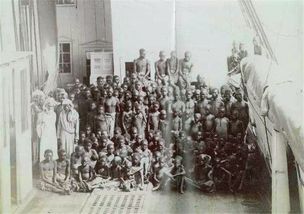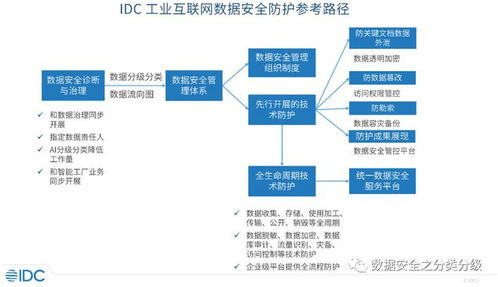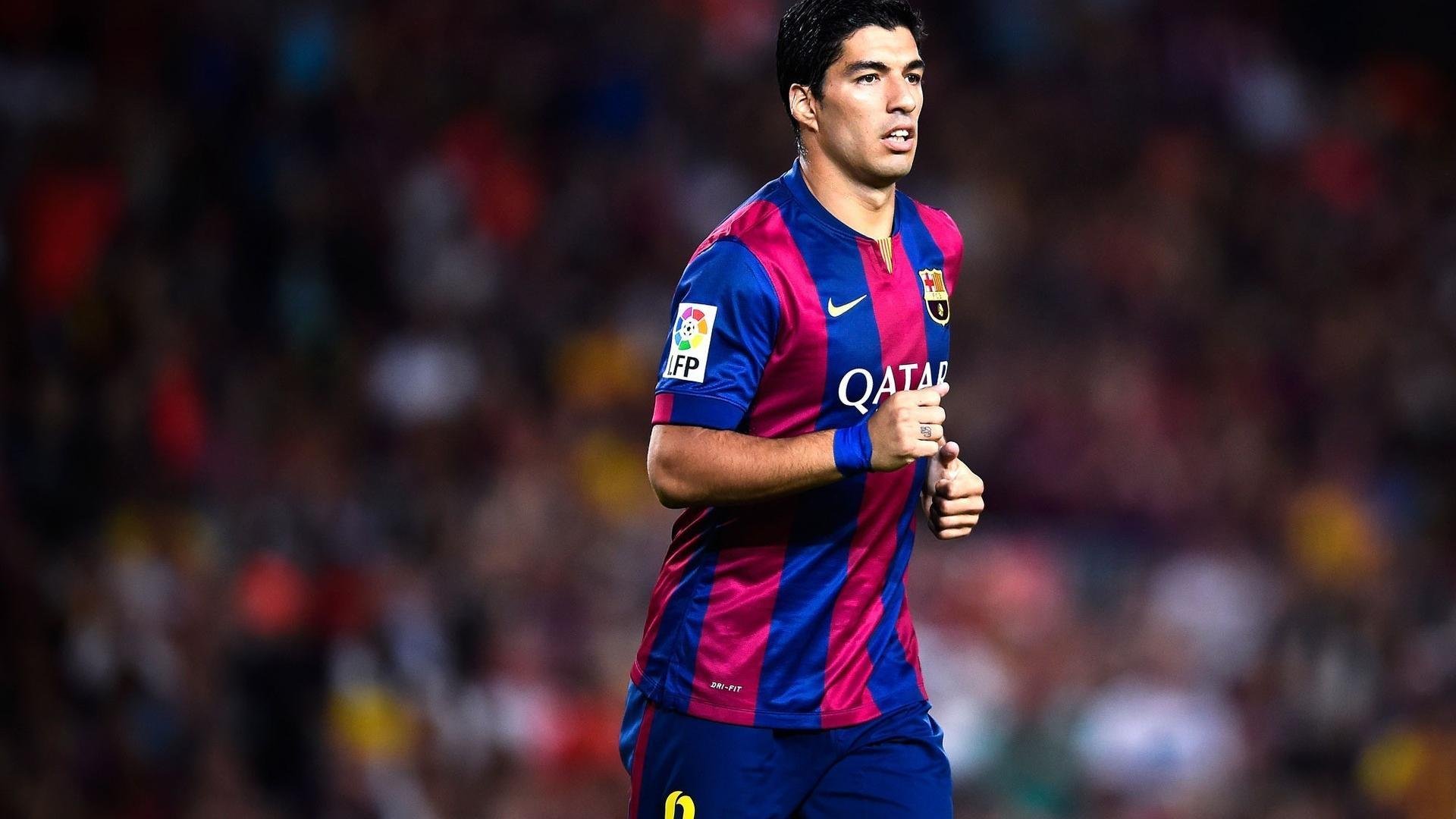Football Commentator: A Comprehensive Guide
Are you a football enthusiast looking to dive deeper into the world of football commentary? Do you want to understand the nuances of the art and the skills required to become a successful football commentator? Look no further! This article will take you through the various aspects of football commentary, from the basics to the advanced techniques, and everything in between.
Understanding the Role of a Football Commentator

A football commentator is someone who provides live commentary on football matches. They are responsible for describing the action on the pitch, analyzing the tactics employed by the teams, and providing insights into the game. Here are some key responsibilities of a football commentator:
Describing the action: This includes describing the movements of the players, the ball, and the goals scored.
Commentating on tactics: A good commentator will analyze the tactics employed by both teams and provide insights into why certain decisions were made.
Providing historical context: Commentators often provide historical context to the match, such as discussing previous encounters between the teams or notable moments in the careers of the players.
Engaging the audience: A good commentator will keep the audience engaged by providing interesting facts, anecdotes, and humor.
The Skills Required to Become a Football Commentator

Becoming a successful football commentator requires a combination of skills, knowledge, and experience. Here are some of the key skills you need to develop:
Knowledge of the game: You need to have a deep understanding of football, including the rules, tactics, and history of the game.
Communication skills: A good commentator must be able to communicate effectively, both in terms of speaking clearly and concisely and in terms of engaging with the audience.
Analysis skills: You need to be able to analyze the game and provide insightful commentary on the tactics and strategies employed by the teams.
Adaptability: The ability to adapt to different situations and styles of play is crucial for a football commentator.
The Different Types of Football Commentators

There are several different types of football commentators, each with their own unique style and approach. Here are some of the most common types:
Match Commentator: This is the most common type of football commentator, responsible for describing the action and providing analysis during the match.
Expert Commentator: An expert commentator has extensive knowledge of the game and is often invited to provide analysis on pre-game shows, post-game shows, and panel discussions.
Play-by-Play Commentator: This type of commentator focuses on describing the action in real-time, often used in live broadcasts.
Color Commentator: A color commentator provides additional analysis and insights during the match, often working alongside a play-by-play commentator.
The Training and Development Process
Becoming a successful football commentator requires a combination of formal training and practical experience. Here are some steps you can take to develop your skills:
Acquire knowledge: Read books, watch matches, and study the tactics and history of the game.
Practice: Record yourself commentating on matches and seek feedback from others.
Obtain qualifications: Consider obtaining a qualification in sports broadcasting or a related field.
Gain experience: Look for opportunities to commentate on matches, whether it's at a local level or through online platforms.
The Challenges and Rewards of Football Commentary
Like any career, football commentary comes with its own set of challenges and rewards. Here are some of the key challenges and rewards you can expect:
Challenges
High pressure: Commentating on live matches can be stressful, especially when the stakes are high.
Long hours: Commentators often have to work long hours, including overnight shifts for international matches.
Competitive market: The football commentary market is highly competitive, with many talented individuals vying for the same opportunities.










